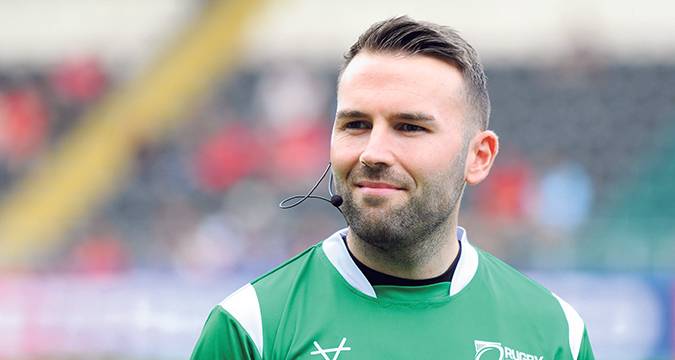 It's a thankless job but someone's got to do it. Without referees, there are no games, and as Super League gears up for kick off, the men in the middle have been hard at work preparing to be the best they can be.
THE Super League clubs are all in the final stages of their preparation for the new season, but so are the group sometimes referred to a
It's a thankless job but someone's got to do it. Without referees, there are no games, and as Super League gears up for kick off, the men in the middle have been hard at work preparing to be the best they can be.
THE Super League clubs are all in the final stages of their preparation for the new season, but so are the group sometimes referred to a Inside the RFL match officials squad: How referees prepare for the new season and the challenges of the job
 It's a thankless job but someone's got to do it. Without referees, there are no games, and as Super League gears up for kick off, the men in the middle have been hard at work preparing to be the best they can be.
THE Super League clubs are all in the final stages of their preparation for the new season, but so are the group sometimes referred to a
It's a thankless job but someone's got to do it. Without referees, there are no games, and as Super League gears up for kick off, the men in the middle have been hard at work preparing to be the best they can be.
THE Super League clubs are all in the final stages of their preparation for the new season, but so are the group sometimes referred to a 